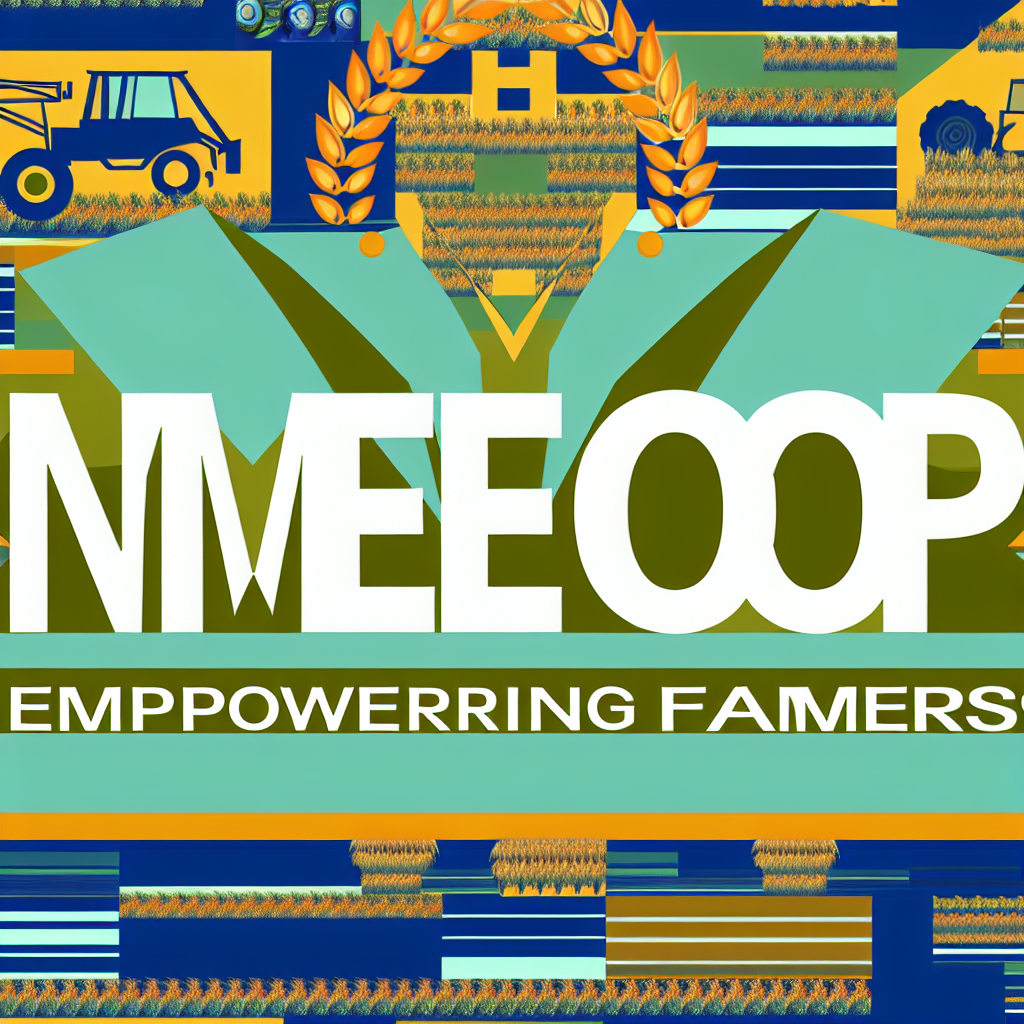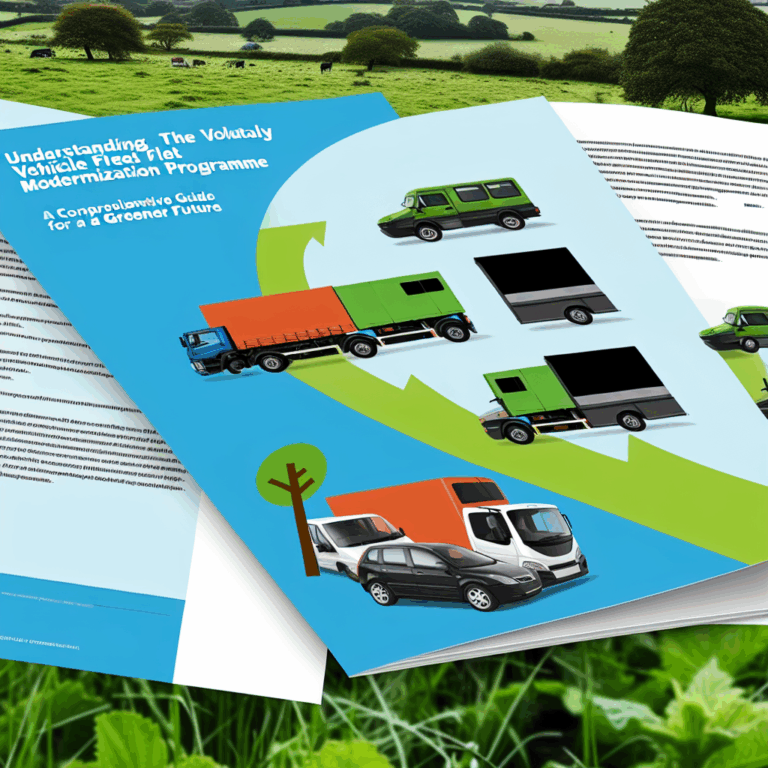Copyright @ 2023 www.digimitr.com. All rights reserved.

Empowering Farmers: A Deep Dive into the National Mission for Edible Oils – Oil Palm (NMEO-OP) Initiatives by the Ministry of Agriculture & Farmers Welfare
Explore the key aspects of the government scheme titled “Empowering Farmers: A Deep Dive into the National Mission for Edible Oils – Oil Palm (NMEO-OP) Initiatives by the Ministry of Agriculture & Farmers Welfare”. This scheme is overseen by the relevant ministry and aims on providing benefits to eligible beneficiaries.
Here is a comprehensive overview:
The National Mission for Edible Oils – Oil Palm (NMEO-OP) represents a significant initiative by the Ministry of Agriculture & Farmers Welfare in India. Launched in August 2021, this mission aims to enhance the production of edible oils in the country, particularly focusing on oil palm cultivation. India’s dependence on edible oil imports has been a pressing concern, prompting the need for a self-sufficient approach. With rising demand for cooking oils and increasing prices, the NMEO-OP seeks to empower farmers while ensuring food security and enhancing the agricultural economy.
The NMEO-OP is designed to encourage a broad range of farmers to participate in oil palm cultivation. The eligibility criteria are straightforward, targeting those who have access to suitable land resources and a willingness to adopt modern agricultural practices. Specifically, farmers must possess land in designated regions where oil palm can thrive, such as the northeastern states and coastal areas of India. Both individual farmers and cooperative societies are encouraged to apply, making the initiative inclusive and accessible.
The NMEO-OP is structured around several key features that collectively aim to transform the landscape of edible oil production in India. One of the main goals is to promote extensive cultivation of the oil palm plant, which can significantly increase local oil production.
Farmers benefit immensely from the comprehensive support system provided under this mission. This includes access to quality seeds, technical training, and agricultural best practices. Moreover, the government promises financial assistance to offset initial investment costs. Farmers can receive subsidies for setting up oil palm nurseries and for maintenance in the crucial early years of cultivation.
Additionally, the mission aims to produce high yields efficiently, thus directly increasing farmers’ earnings. With the reduction of reliance on imported oils, the overall economic impact is expected to create a more stable market not just for oil palm growers but also for consumers who face fluctuating prices.
The application process for NMEO-OP is designed to be seamless and farmer-friendly. Interested individuals must approach their local agriculture department or the nearest Krishi Vigyan Kendra (KVK). They can fill out an application form, which typically requires basic information such as land ownership documents and personal identification.
Once submitted, the applications are reviewed by agricultural experts who assess the suitability of the land for oil palm cultivation. Approved applicants receive necessary support, including training sessions focused on cultivation techniques, pest management, and post-harvest processing.
In addition, digital platforms have been integrated into the application process, allowing farmers to apply online, track their application status, and receive updates directly from the government.
The NMEO-OP has a robust financial estimation backing, with the government allocating substantial funds to support its initiatives. In the initial phase, a budget of around INR 10,000 crores was proposed over five years for setting up oil palm plantations across India.
The financial support includes direct subsidies to farmers for land preparation, seed procurement, and other farming activities. Importantly, various financial institutions and banks are encouraged to provide loans to potential oil palm farmers, further easing the financial burden of initial setup costs.
Both central and state governments work collaboratively in this endeavor, sharing the financial responsibility, which strengthens the agricultural framework and ensures that farmers are not financially isolated.
Shortly after its launch, the NMEO-OP began to show promising results. Several states have already reported an increase in oil palm cultivation, with farmers experiencing improved income levels. The cultivation of oil palm not only provides a lucrative option for farmers but also paves the way for job creation in rural areas, from cultivation to processing.
The initiative has increased awareness about oil palm advantages among stakeholders, leading to collaborations between researchers, agricultural universities, and farmer groups. Overall, the mission serves as a significant stride toward achieving self-sufficiency in edible oil production.
Despite its promising advancements, the NMEO-OP faces several challenges. One major hurdle is the resistance from traditional farmers who may be hesitant to switch from staple crops to oil palm and its associated requirements. Additionally, the high cost of setting up oil palm plantations and the long gestation period before the first harvest can deter many farmers.
There is also a need for adequate infrastructure for the processing of oil palm and efficient supply chains to market the final products. Without a robust framework, any gains in production can be undermined, limiting the mission’s success in achieving its goals.
In recent months, the Ministry of Agriculture has rolled out several programs designed to increase awareness and provide additional training on oil palm cultivation. Workshops across various states focus on educating farmers about the financial benefits and sustainability of oil palm crops.
Furthermore, collaboration with state governments has intensified, aiming for a unified approach. Innovative partnerships with private firms for technology transfer and skill enhancement are also being explored, broadening the scope of growth and productivity in the oil palm sector.
The National Mission for Edible Oils – Oil Palm (NMEO-OP) is a fundamental initiative aimed at empowering farmers while addressing the pressing issue of edible oil dependence in India. By providing a structured framework, financial assistance, and technical support for oil palm cultivation, the mission seeks to transform the agricultural landscape. While challenges remain, the positive momentum gained in the initial stages indicates a bright future for both farmers and the edible oil market in India. The NMEO-OP holds the potential to secure food sovereignty while significantly enriching the livelihoods of millions of farmers.
1. What is the primary goal of the NMEO-OP?
The primary goal of the NMEO-OP is to enhance domestic production of edible oils, particularly through the cultivation of oil palm, thereby reducing dependency on imports and ensuring food security in India.
2. How long does it take for oil palm trees to yield produce?
Oil palm trees typically take about 3 to 4 years before they start yielding fruits. The initial years require careful maintenance to ensure healthy growth, after which the returns are generally substantial.
3. Is there financial assistance available for farmers under NMEO-OP?
Yes, farmers can receive substantial financial assistance, including subsidies for land preparation, seed procurement, and additional costs associated with oil palm cultivation.
For more information, check out official government site,
Official government website or relevant source not provided.
Stay updated on related schemes and initiatives using hashtags: #Empowering #Farmers #Deep #Dive #National #Mission #Edible #Oils #Oil #Palm #NMEOOP #Initiatives #Ministry #Agriculture #Farmers #Welfare
Share your thoughts about this scheme in the comments below!





